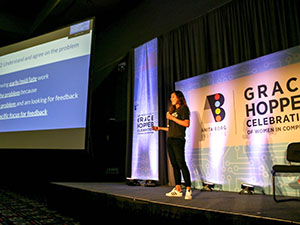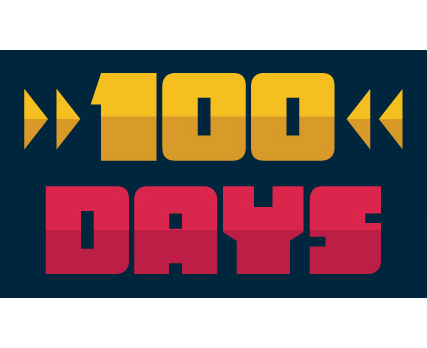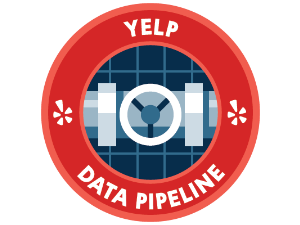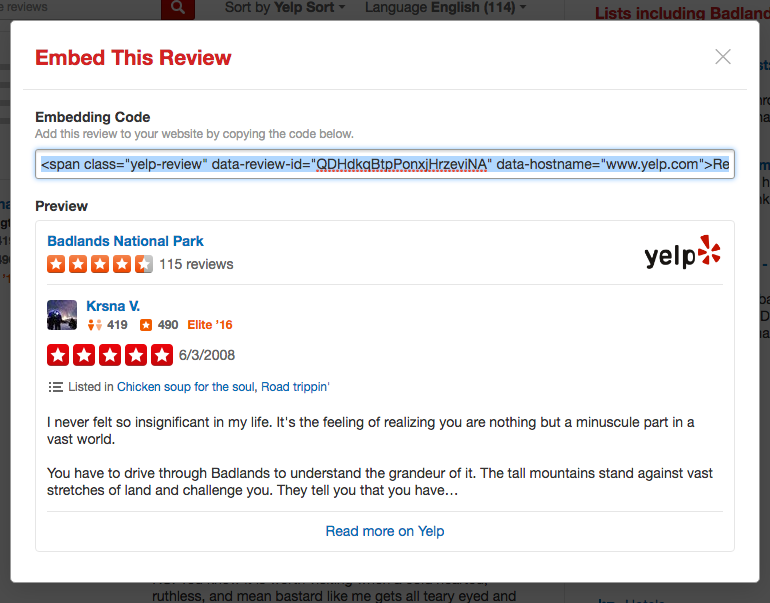Yelp Dataset Challenge Round 7 Winner and Announcing Round 9

-
Sébastien C., Data Scientist
- Jan 25, 2017
Yelp Dataset Challenge Round 7 Winners The seventh round of the Yelp Dataset Challenge ran throughout the first half of 2016 and, as usual, we were impressed with the projects and ideas that came out of the challenge. Today, we are proud to announce the grand prize winner of the $5,000 award: “Semantic Scan: Detecting Subtle, Spatially Localized Events in Text Streams” by Abhinav Maurya, Kenton Murray, Yandong Liu, Chris Dyer, William W. Cohen, and Daniel B. Neill (from Carnegie Mellon University, University of Notre Dame in Indiana). The authors created a model to detect and characterize emerging topics in...












